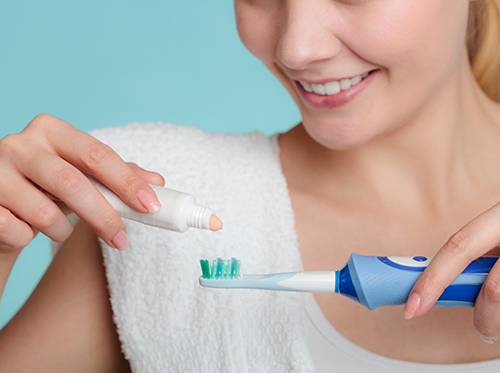Smoking and Dental Implants
March 9th, 2022

Congratulations! You’ve made the decision to replace a missing tooth with an implant. While an implant will restore the appearance of your smile, you also know that there are many reasons that an implant will improve your health, too.
A missing tooth causes structural problems as well as cosmetic ones. Remaining teeth can shift to fill the gap, leading to wear and bite problems. Without the stimulation of biting and chewing, bone tissue under the lost tooth gradually shrinks and is resorbed. The shapes of our jaws, cheeks and lips can be affected. Replacing a lost tooth with an implant can not only restore the appearance of your smile, but maintain it.
And implant procedures have a very high rate of success. Implants are made of materials compatible with the body, and surgically placed in the jaw to act as anchors for replacement teeth. The implant will actually integrate with the bone growing around it for strong, stable, and long-lasting support. After the time it takes for the implant to integrate and the area around it to heal, a crown, designed to match your own teeth perfectly, will be securely attached to the implant post.
What can you do to help the healing process? Follow our instructions carefully. our doctors will give you suggestions for the time immediately following the procedure as well as instructions on the importance of keeping the area clean while healing takes place. And one very important favor you can do yourself? If you smoke, this is the time to stop.
Studies have shown that smokers have a significantly increased risk of dental problems and implant failures, and there are several theories as to why.
- Smoking slows the healing process. Some studies indicate that smoking impairs blood flow in the gums, so that less oxygen and fewer nutrients are delivered to healing tissue.
- Smokers tend to be more vulnerable to gum disease.
- Smoking has been linked to a weaker immune system, so it’s harder to fight off an infection or to heal from one.
- More marginal bone loss around implants is seen in smokers than in non-smokers.
- Peri-implantitis, an inflammation of the gum tissue around the implant that can lead to bone loss and implant failure, is also more common in smokers.
Now that you have decided on a dental implant at our Green Bay office, make one more decision to ensure the success of the procedure. Talk to us about ways to quit smoking before your implant, and how to reduce the chance of smoking-related complications. We know that quitting can be difficult, but your improved smile—and your improved health—are worth it!




 Website Powered by Sesame
24-7™
Website Powered by Sesame
24-7™